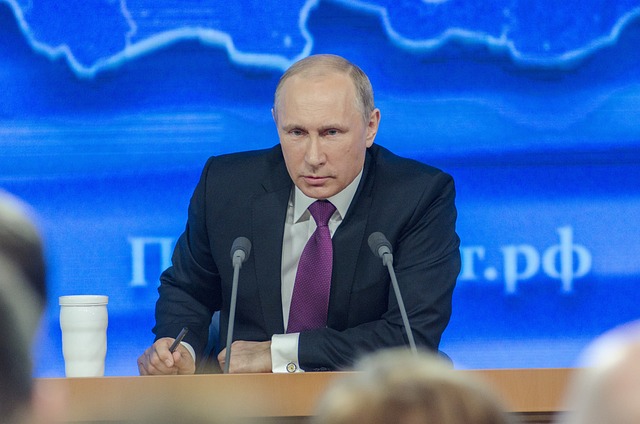In a dramatic turn of events, a prominent Russian hypersonic scientist has been accused of betraying classified information to China. The allegations have sent shockwaves through the scientific community and raised concerns about the potential ramifications for national security.
The accused scientist, whose identity has not been disclosed due to ongoing investigations, was reportedly involved in cutting-edge research and development related to hypersonic technology—a field with significant military implications. Hypersonic weapons, capable of traveling at speeds exceeding Mach 5, have garnered global attention for their potential to revolutionize warfare.
According to the accusations, the scientist is suspected of sharing sensitive details and classified research findings with Chinese counterparts, thereby compromising Russia’s technological edge in the hypersonic arms race. The alleged breach of trust has triggered a comprehensive investigation by Russian authorities, who are determined to ascertain the extent of the damage caused by the purported espionage.
The implications of such an act are far-reaching, as it not only affects bilateral relations between Russia and China but also undermines international efforts to maintain balance and stability in the realm of advanced weaponry. The incident highlights the intense competition among nations to achieve technological superiority and the lengths some individuals may go to in pursuit of personal gain or allegiance to foreign powers.
The accused scientist’s alleged actions raise critical questions about the adequacy of security measures and protocols within research institutions. They also underscore the ongoing challenges faced by governments worldwide in safeguarding intellectual property and classified information in an era of increasing technological interconnectedness.
As the investigation unfolds, the accused scientist will have the opportunity to present their defense and respond to the allegations. The case is likely to garner significant attention from legal experts, intelligence agencies, and the scientific community, as it highlights the need for robust measures to prevent and counteract potential acts of espionage in sensitive research fields.
The repercussions of this incident extend beyond the immediate individuals involved. It serves as a stark reminder of the importance of international cooperation and collaboration in addressing emerging security threats. Nations must remain vigilant in protecting their technological advancements while simultaneously fostering an environment that encourages responsible knowledge sharing and scientific progress.
The outcome of the investigation and any subsequent legal proceedings will undoubtedly have profound consequences for the accused scientist, bilateral relations between Russia and China, and the broader discourse surrounding hypersonic technology and national security. It serves as a cautionary tale, emphasizing the criticality of safeguarding scientific advancements and ensuring that the pursuit of knowledge remains rooted in ethical boundaries and respect for intellectual property.












